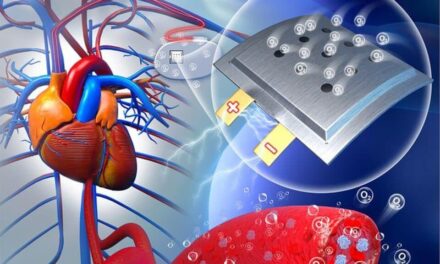Pancreatic cancer is one of the deadliest cancers, with only a small percentage of people surviving five years after diagnosis. However, new research from the University of Copenhagen and Rigshospitalet may offer new hope for patients.
The researchers have developed a new treatment using antibody drug conjugates (ADCs), which are already being used to treat other types of cancers. ADCs consist of three main components: an antibody, a chemical linker, and a chemotherapeutic drug. The antibody targets the cancer cells, while the linker delivers the chemotherapy drug directly to the cancer cells.
The new ADC treatment has been shown to be effective in killing cancer cells and the support cells that the cancer uses to grow and shield itself. The treatment also releases toxins that can kill neighboring cancer cells and weakens the tumor structure, making it easier for the body’s immune system to attack and eliminate it.
Because ADC treatment is extremely accurate and causes minimal damage to healthy cells, it is a promising candidate for treatment of pancreatic cancer. The researchers have also humanized the ADC antibody, which means that they have changed its structure to resemble antibodies naturally occurring in the human body. This adjustment ensures that the body’s immune system does not recognize the antibody as foreign and attack it.
The researchers are now working to further develop the drug and get it ready for clinical testing on humans with pancreatic cancer. They believe that this treatment could be available for patients within the next three to five years.
This new treatment is also being explored for use in other types of cancer, such as triple-negative breast cancer and colon cancer. With continued research and development, this ADC treatment could pave the way for new, effective treatments for some of the deadliest cancers.
The study is published in the journal Science Advances.
Source: Science Advances












